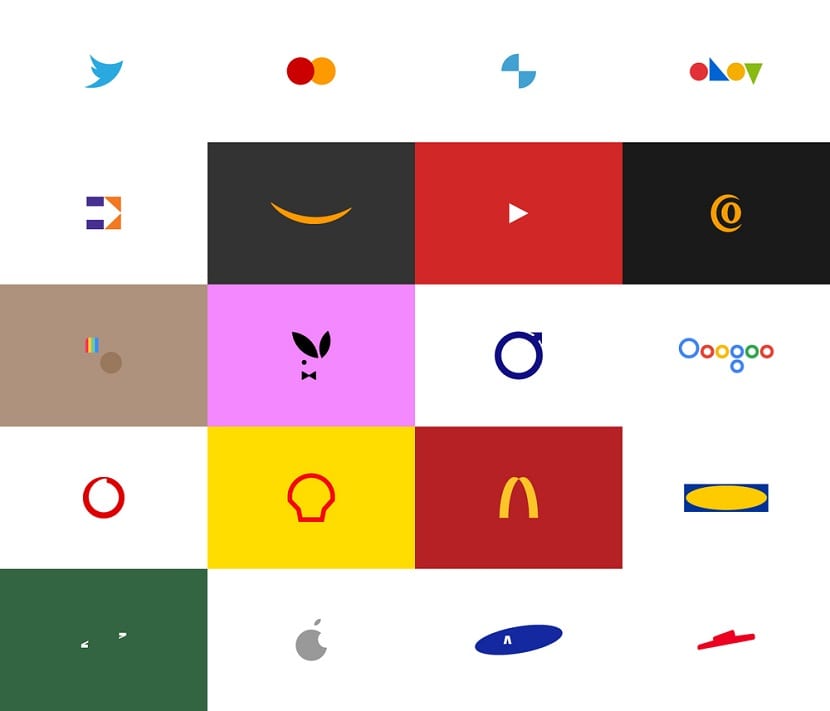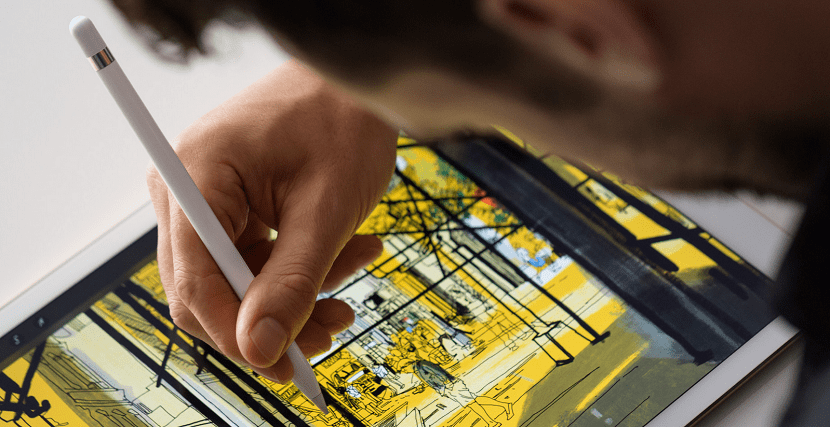
Before starting any project that involves design, it is required get adequate preliminary information through customers, since in this way it is possible to avoid any possible misunderstandings in the future, in addition to allowing you to have a much more fluid relationship with all your customers.
However, there are always "difficult" customers to which to make them understand the matter, it turns out to be a little more complicated and is that when developing a graphic design project, it is necessary to be aware of what is the client's idea, what are the goals you want to achieve, what kind of company is it and some others details that are quite useful at the moment of starting to design the project and later execute it properly.
The typical questions that can be asked

If a client asks you to take care of make your logo design or that you re-design the same, you can save a little time, category and money, if you ask the appropriate questions. If you are still a graphic design student Or are you starting out in the "freelance" world, surely the information that we will give you below will be very useful.
Before providing the customer with any logo concept or a possible budget, it is required that you know what the expectations of said client are.
You need to understand why the customer needs the logo, since this way you will know exactly what to do and how to do it. This can be achieved through an interview or through a questionnaire and it is necessary that the client's responses be as detailed as possible, since before making the logo design you must understand your client, what their interests and limitations are, and you also have to be totally in sync with the vision of it.
So, what are the questions to ask customers, before starting to design your logo?
- What is the history of the company?
- Is there a certain period of time that must be met?
- What are the specific services / products that the company provides?
- What is the purpose of the logo and where will it be used?
- Who will be the target audience?
- Who is the competition?
- What electronic formats are necessary and in what sizes?
- How many alternative proposals or revisions does the client want made before approving the logo?
The most advisable is produce a document in a printed or electronic format, and then send it to the clients, since this way it will be a little faster, simpler and above all, professional.
You can create an example questionnaire that is divided into different categories, which you can use at the moment the design of a logo. You do not need to ask all of the following questions of the client, however, they are an easier way to understand the ideas you may have.
Questions prior to designing a logo

You can divide the questionnaire into five categories, which would be:
Company: Basic information about the company, together with a detailed description of it and its services / products.
Brand: Definition of the elements that characterize the brand, that is, “Branding”.
Design preferences: Definition, preferences and expectations about the visual identity of the company.
Target audience: Definition of the perfect receptor to recognize the logo, that is, the target.
Extras: Budget, time, doubts, among others.
Questionnaire for logo design
Addition questions to ask before When making the logo, you must take into account the following:
Inform the client about the adequate number of reviews and their cost, clarifying that the cost varies according to the number of initial proposals.
You can adapt to the specific needs of your client or have a quality standard that adds value to your work, everything varies depending on what you want to provide.